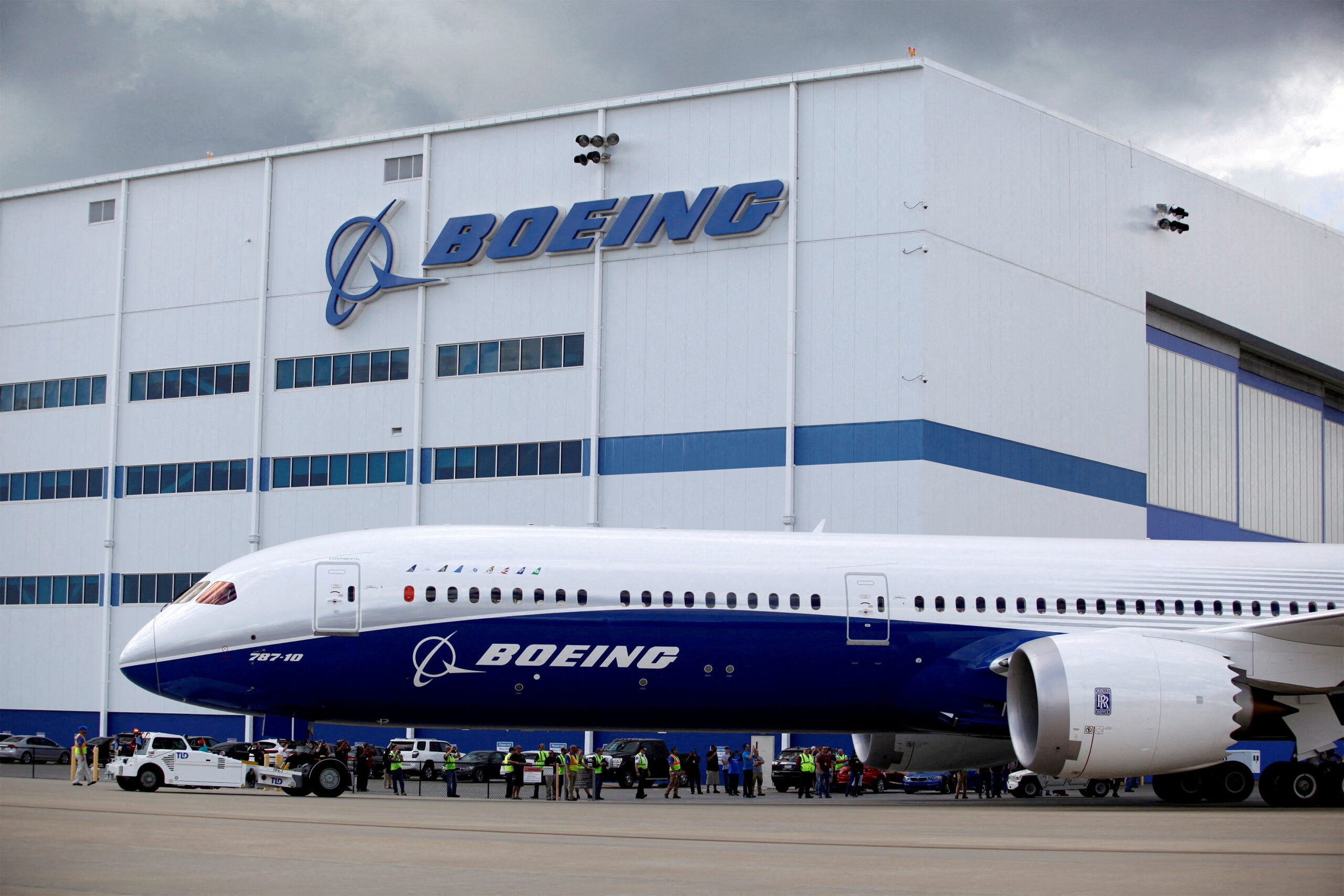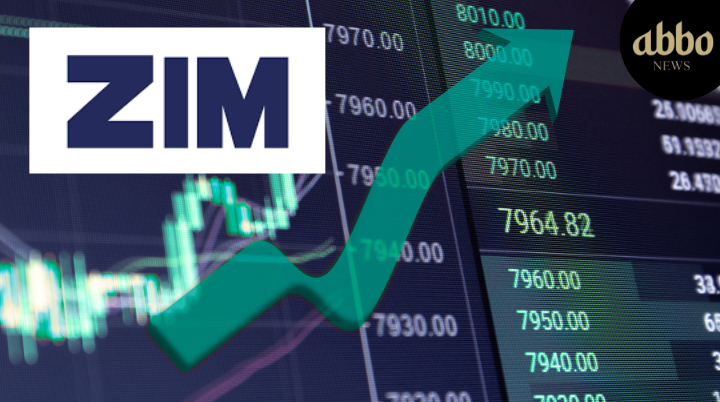NEW YORK – Boeing (NYSE: BA) is examining options to raise billions of dollars through a sale of stock and equity-like securities, two sources familiar with the matter said, as the planemaker tries to avoid slipping into junk territory on its credit ratings.
In the past few weeks, Boeing has received pitches from investment banks, including Goldman Sachs (NYSE: GS), JPMorgan Chase (NYSE: JPM), Bank of America (NYSE: BAC), and Citigroup (NYSE: C), suggesting various fundraising options, according to four sources familiar with the matter.
The sources state that the options include selling common stock and securities such as mandatory convertible bonds and preferred equity. One of the sources said they suggested to Boeing that it should raise around $10 billion.
Such hybrid bonds can be treated as equity capital by rating agencies, which means issuing them would not add to debt to the same extent as selling bonds, while also being potentially more favorable for existing shareholders.
Banks have also been building so-called shadow books, sounding out interest from investors for such securities in case Boeing decided to go ahead, the sources said. Some investors have reached out to banks to tell them they were interested in purchasing Boeing’s preferred securities if they were issued, two of the sources said.
Boeing and the investment banks declined to comment. The sources, who requested anonymity as these conversations are private, said Boeing had not decided whether to go ahead with any of these options. It was not clear when it might make a decision.
Last month, Boeing (NYSE: BA) CFO Brian West told a Morgan Stanley conference that the company was “constantly evaluating our capital structure and liquidity levels to ensure that we could satisfy our debt maturities over the next 18 months while keeping confidence in our credit rating as investment grade.”
Maintaining an investment grade rating is crucial for the planemaker, which has never fallen below that threshold. Ratings can not only determine the cost of capital for a company, but they also give it access to stable institutional investor money.
Boeing’s finances have come under pressure since a January 5 incident in which a door panel blew off a 737 MAX jet model in mid-air led to slumping production of the jet. Then last month its workers went on strike, further hitting production and leaving it burning through cash.
The company has about $60 billion in debt and posted operating cash flow losses of more than $7 billion for the first half of 2024.
Analysts estimate that Boeing (NYSE: BA) would need to raise somewhere between $10 billion and $15 billion to be able to maintain its ratings, which are now just one notch above junk.
Late last month, Moody’s said the company had upcoming commitments of $16 billion, and that a downgrade was possible if it deemed any equity raise was inadequate relative to that. The company has $11.5 billion of debt maturing through February 1, 2026, and is committed to issuing $4.7 billion of its shares to acquire Spirit AeroSystems (NYSE: SPR) and assume its debt.
Moody’s, which has Boeing’s Baa3 rating on review for a downgrade to junk, declined to provide additional details.
Creditsights analyst Matt Woodruff estimated the company needs to raise $12 billion to $15 billion to keep Moody’s from cutting its ratings into junk, especially if the strike extends into this whole month.
However, it isn’t clear whether any of the fundraising options that involve raising cash through instruments other than common stock would satisfy credit agencies.
S&P Global Ratings aerospace director Ben Tsocanos told Reuters that issuing common equity would be better from a credit standpoint.
“We would view preferred stock that had a required payment as more debt-like and less supportive of the rating,” he said.
On Tuesday, S&P said it placed Boeing’s rating on CreditWatch negative, saying the planemaker will likely require incremental funding.
(Source: ReutersReuters)













